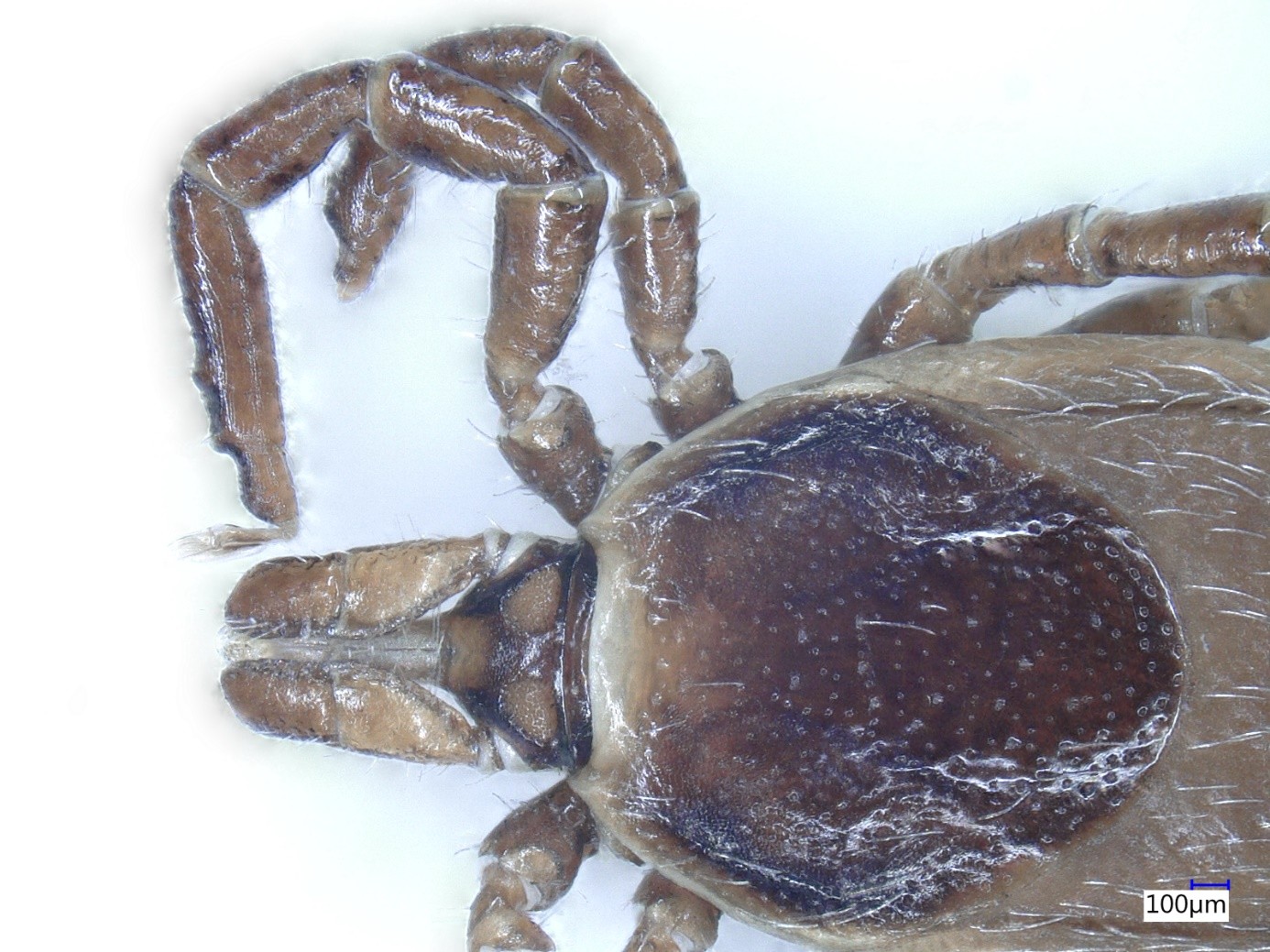Sir George Radda Memorial Symposium Organised by the Board of the Hungarian Corvin Chain and the HUN-REN Network Paid Tribute to a Scientific Visionary
On 19 June 2025, the elegant Roheim Villa in Budapest, headquarters of the Board of the Hungarian Corvin Chain, hosted the Sir George Radda Memorial Symposium—a distinguished event jointly organised by the Board of the Hungarian Corvin Chain and the Hungarian Research Network (HUN-REN). The symposium brought together family members, leading scientists, former students, colleagues, and friends from around the world to honour the life and legacy of Sir George Radda, a globally influential chemist and science policy leader who never lost sight of his Hungarian roots.
Opening Remarks and the Spirit of Commemoration
The programme commenced with a warm welcome and opening remarks by Professor Dr. E. Sylvester Vizi, President of the Board of the Hungarian Corvin Chain. In his deeply personal and heartfelt speech, Professor Vizi recalled Sir George Radda not only as a pioneering scientist but as a close friend and tireless advocate for Hungarian talent. He described the extraordinary arc of Radda's life: from a boy fleeing Hungary in 1956 during the Revolution and Fight for Freedom to becoming one of Britain’s and the world’s most esteemed scientists, eventually knighted for his groundbreaking contributions to medical imaging. The President emphasised the importance of cultivating knowledge, education, and international scientific cooperation—values that Professor Radda championed throughout his career.
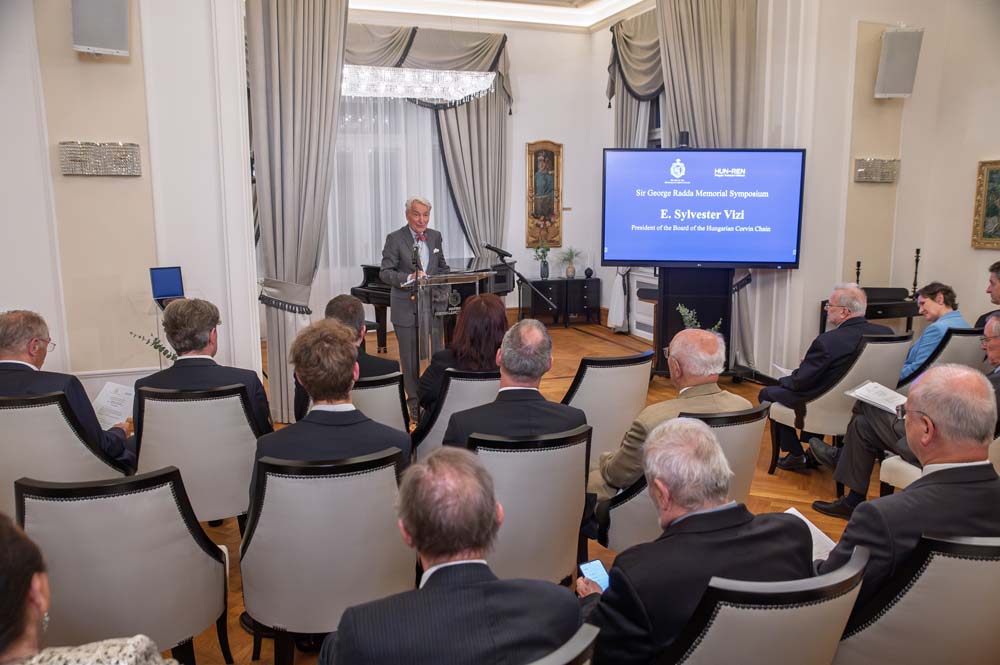
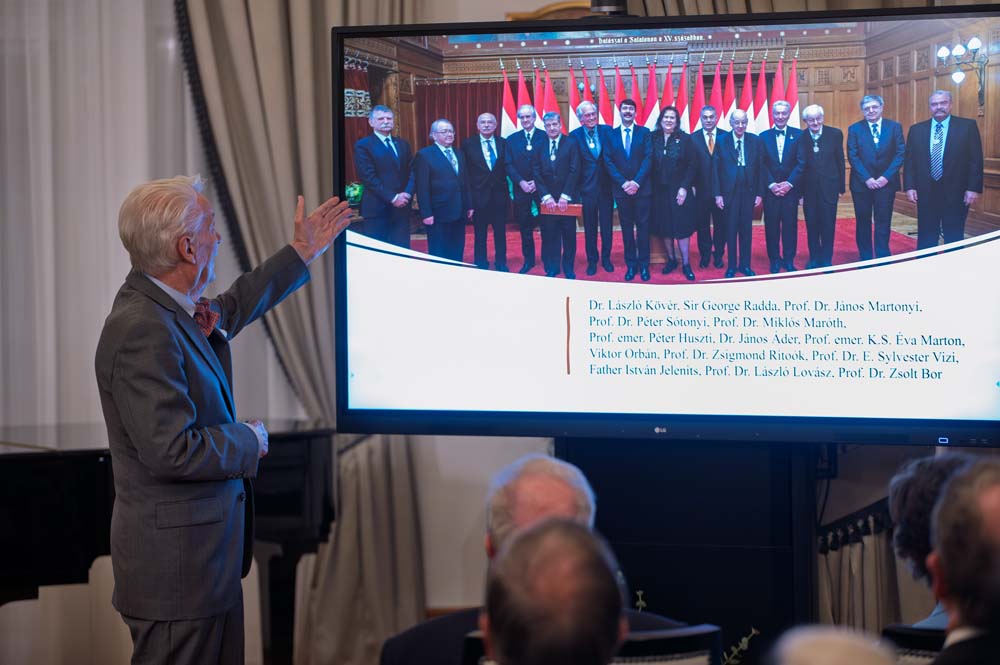
Reflections on a Life in Science and Mentorship
Professor Dr Balázs Gulyás, President of HUN-REN and a former mentee of Sir George Radda, shared poignant anecdotes from their decades-long friendship. Professor Gulyás recounted their early encounters in Oxford, Radda’s encouragement for him to play a leading role in Hungarian science, and their continued collaboration in Singapore. He highlighted Professor Radda’s passion for mission-oriented research and his unwavering commitment to nurturing the next generation of scientists. He noted that Professor Radda’s legacy continues to inspire those who regard science not merely as a profession, but as a lifelong dedication to service.
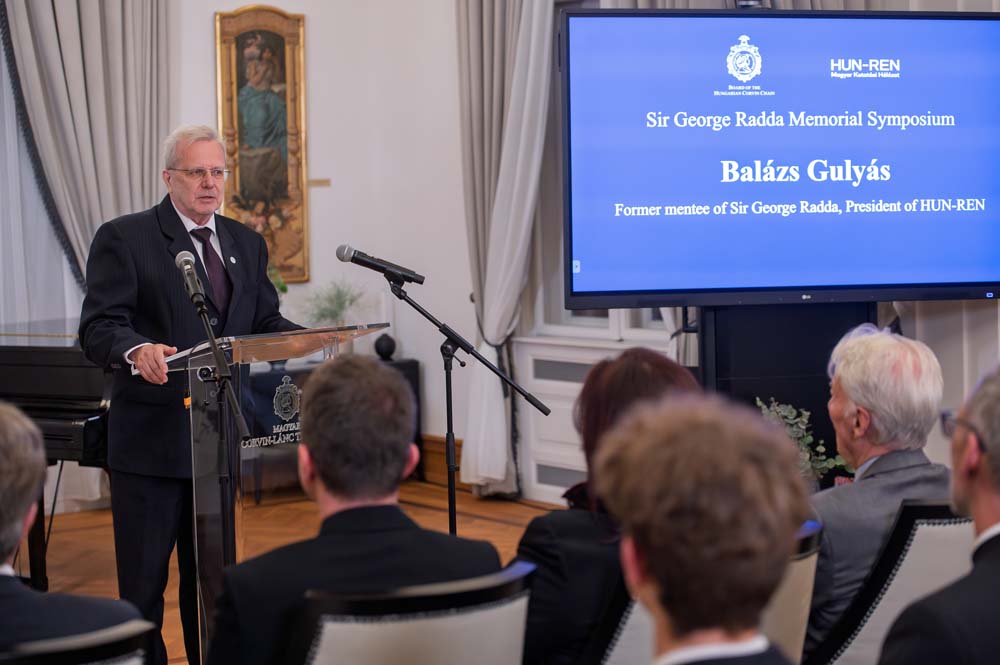
Sir George Radda as Mentor, Scientist and Friend
Professor Irene Tracey, Vice-Chancellor of the University of Oxford and a former PhD student of Sir George Radda, delivered a stirring tribute to her mentor. She recalled the inspiration she drew from his lectures on nuclear magnetic resonance, which led her to join his lab. Tracey described the vibrant, interdisciplinary atmosphere Professor Radda fostered, as well as his unwavering support for women in science, his extraordinary work ethic, and his humanity. Her account revealed a man who built one of the largest research teams in the UK and who viewed his students’ successes as his greatest legacy.
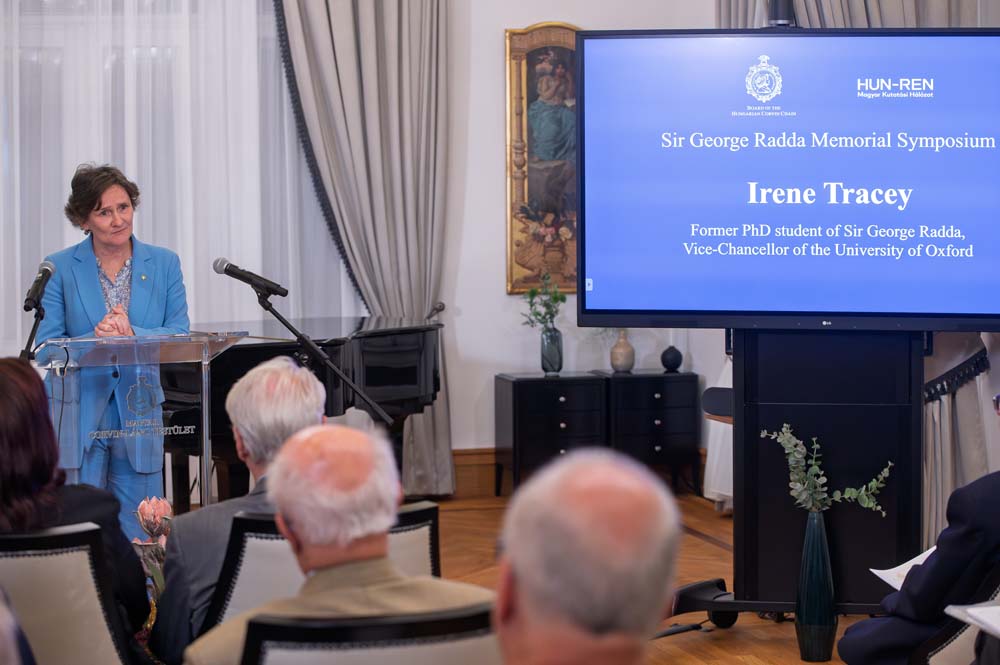
The Personal Side of a Public Life
Joining via video link, Mark Radda, Sir George's son, in the name of the three siblings offered intimate reflections on his father as a family man. With warmth and humour, he described a childhood filled with creative inventions, Hungarian Christmas traditions, music, and modesty in the face of accolades. For Mark and his siblings, Sir George was first of all not a public figure but a caring and ingenious father who quietly shaped their lives through love and example.
A Legacy of Intellectual Generosity
Professor Alistair McGrath, Professor at the University of Oxford and another former PhD student, reflected on Sir George’s generosity as a mentor. He described the disorganised charm of Radda’s office, his joy in guiding young researchers, and his talent for identifying promising new directions. Professor McGrath recounted how Professor Radda encouraged him to apply for a prestigious scholarship, which became a turning point in his academic career. His address painted a picture of Sir George Radda as both brilliant and profoundly human.
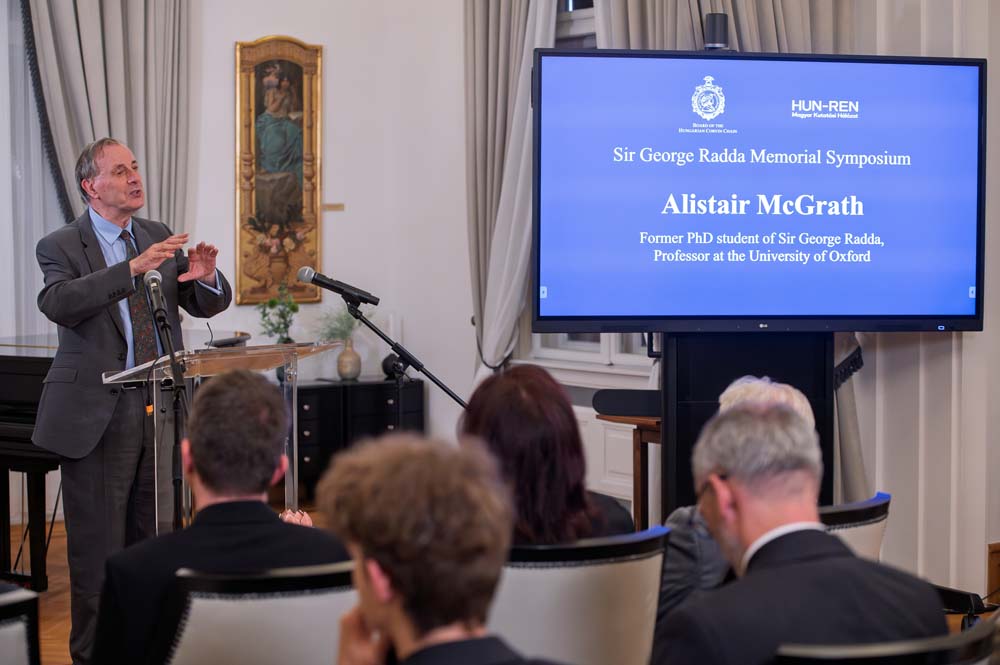
A Musical Tribute to Sir George’s Love of Opera
As part of the event, a classical music interlude was presented, featuring Ildikó Megyimórecz (soprano) and Artúr Szeleczki (tenor), accompanied on piano by conductor Kálmán Szennai. The two young singers are both principal soloists of the Hungarian State Opera and recipients of the Junior Prima Award. Both are former students of Prof. Emer. KS. Éva Marton, Artist of the Nation and Vice-President of the Board of the Hungarian Corvin Chain. The programme comprised works by Zoltán Kodály, Ernesto De Curtis, Francesco Cilea, and Giuseppe Verdi, offering a refined blend of Hungarian and Italian vocal masterpieces.
Family and International Tributes
Mr. Tibor Radda, Sir George’s nephew, delivered a moving speech on behalf of his father, István Radda, younger brother of Sir George. He recalled Sir George’s childhood at the Benedictine Grammar School in Pannonhalma, his early academic brilliance, and his sporting achievements. Anecdotes from family life and his daring escape to Austria in 1956 offered an evocative glimpse into the personal courage that underpinned his scientific accomplishments.
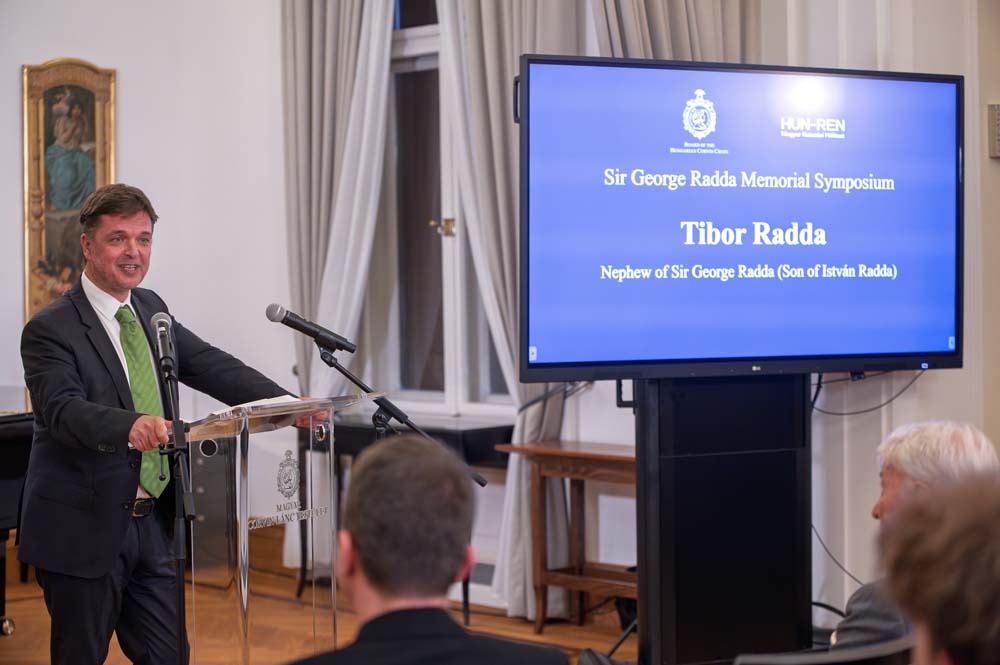
Professor Paul Matthews, Director at the Rosalind Franklin Institute and a former PhD student of Professor Radda, shared a rich, detailed account of life in the Radda laboratory. He described the intellectually fertile—if at times chaotic—environment where great ideas were born. Professor Matthews highlighted Professor Radda’s instrumental role in laying the groundwork for functional MRI and establishing the UK Biobank, which continues to benefit medical science worldwide.
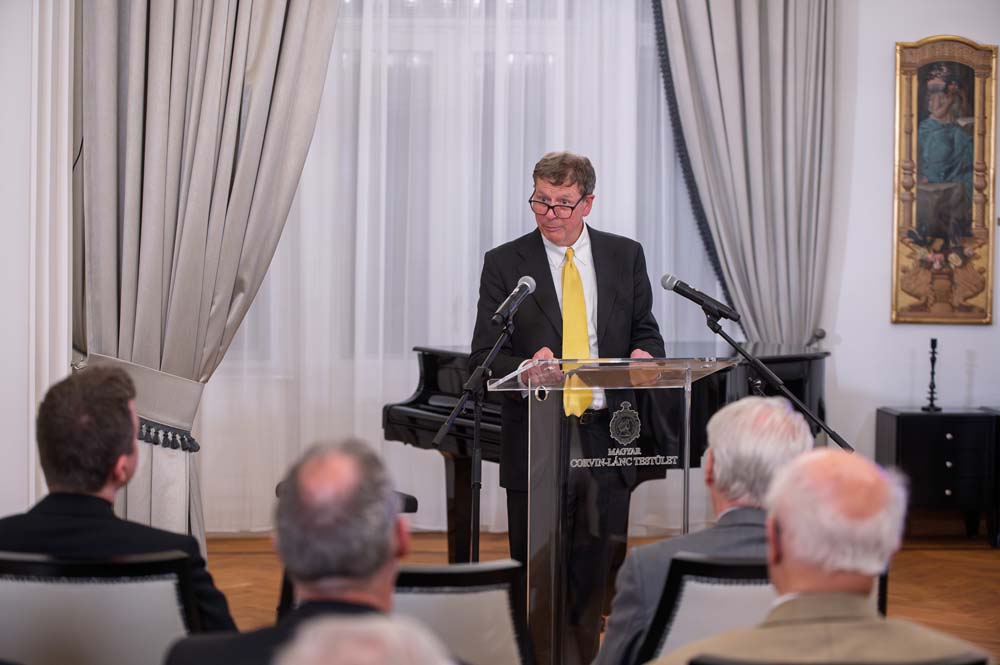
Further tributes were delivered by Professor Zoltán Molnár, Professor at the University of Oxford, former colleague of Sir George Radda at Merton College, who shared personal reflections on Sir George’s visionary contributions to brain imaging and his lasting influence as a mentor; Professor László Tringer, Professor Emeritus at Semmelweis University and childhood friend of Sir George, who spoke warmly of their early years and Sir George’s unwavering dedication to both science and friendship; and Father Albin Juhász-Laczik, Headmaster of the Benedictine Grammar School of Pannonhalma which Sir George attended, who paid homage to the formative role that faith and education at Pannonhalma played in shaping Sir George’s values. The speakers highlighted a distinct facet of Sir George’s extraordinary legacy from their own perspective—his pioneering science, deep humanity, and enduring loyalty to his Hungarian roots.
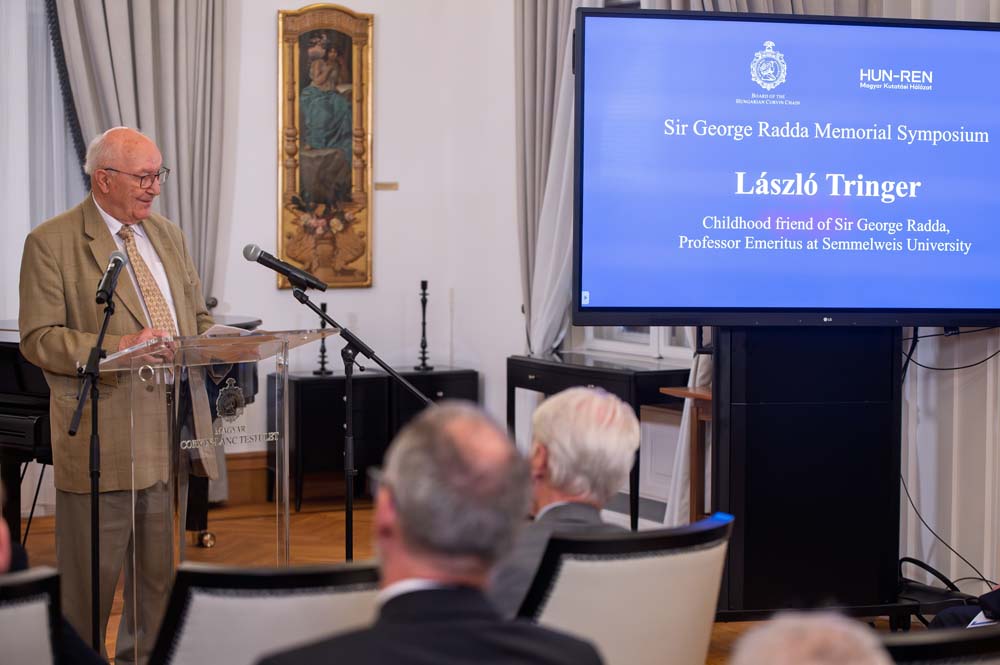
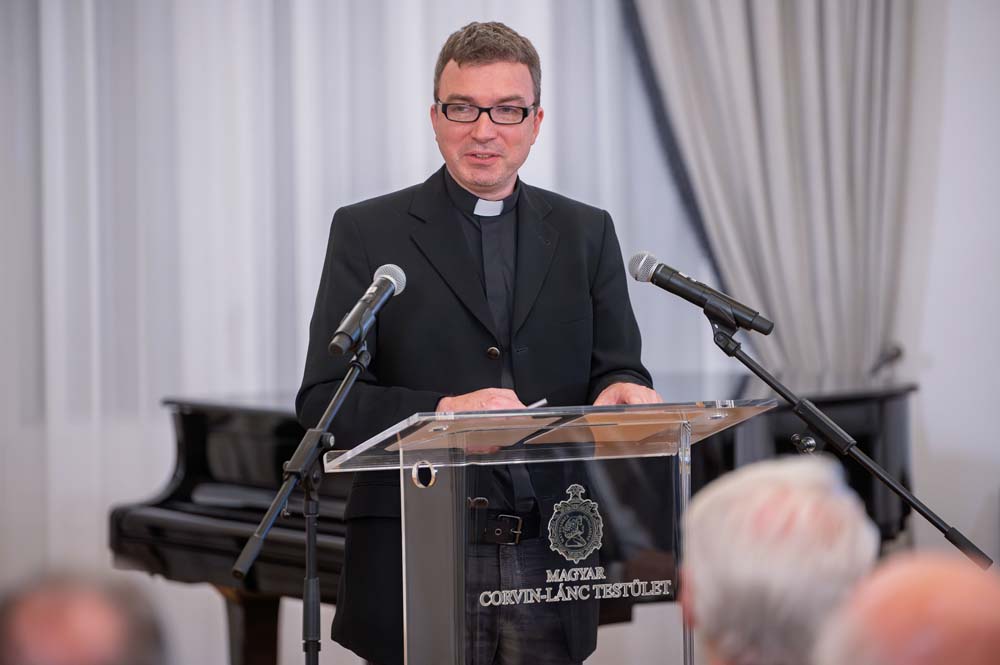
The Sir George Radda Memorial Symposium was not only a commemoration of past achievements but a call to future excellence. Through personal memories, scientific reflections, and shared values, the event paid tribute to a man whose influence will be felt for generations. Sir George Radda’s legacy lives on—in the technologies he pioneered, the institutions he helped build, and the people he inspired to pursue science with courage, vision, and humanity.
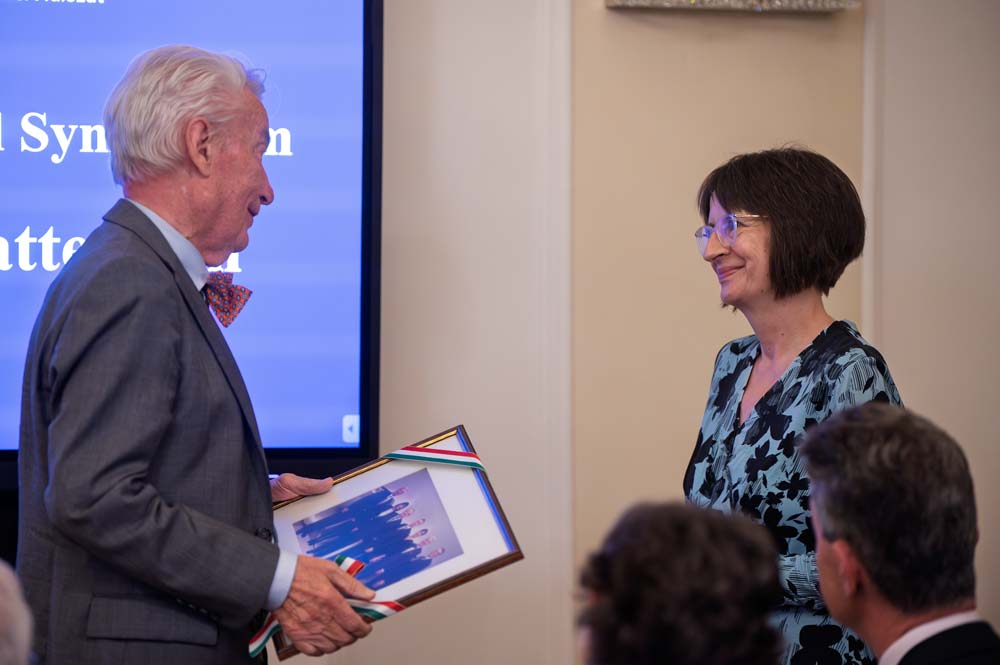
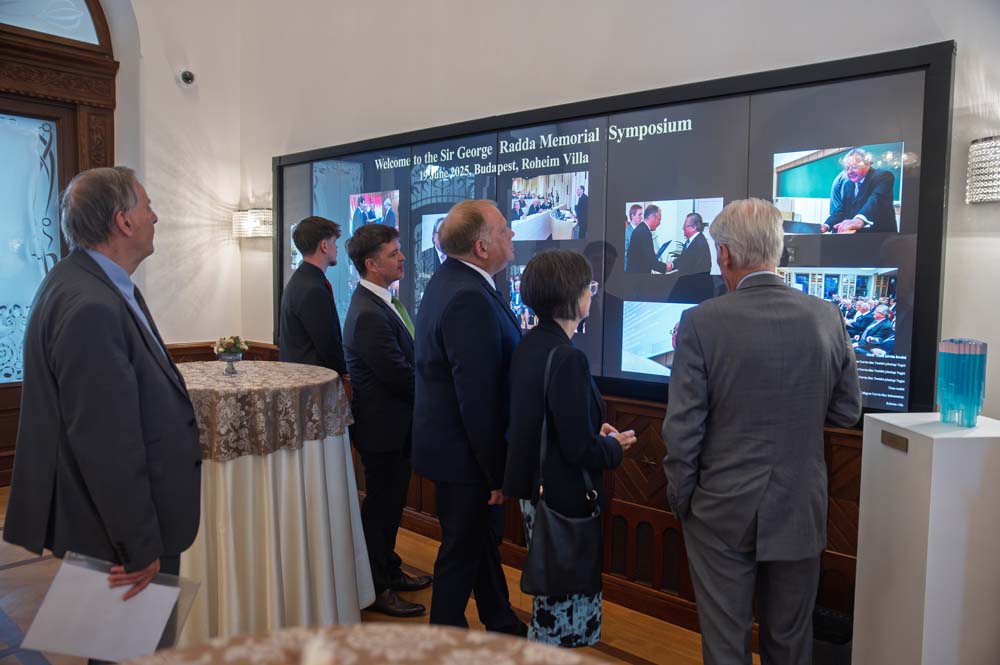
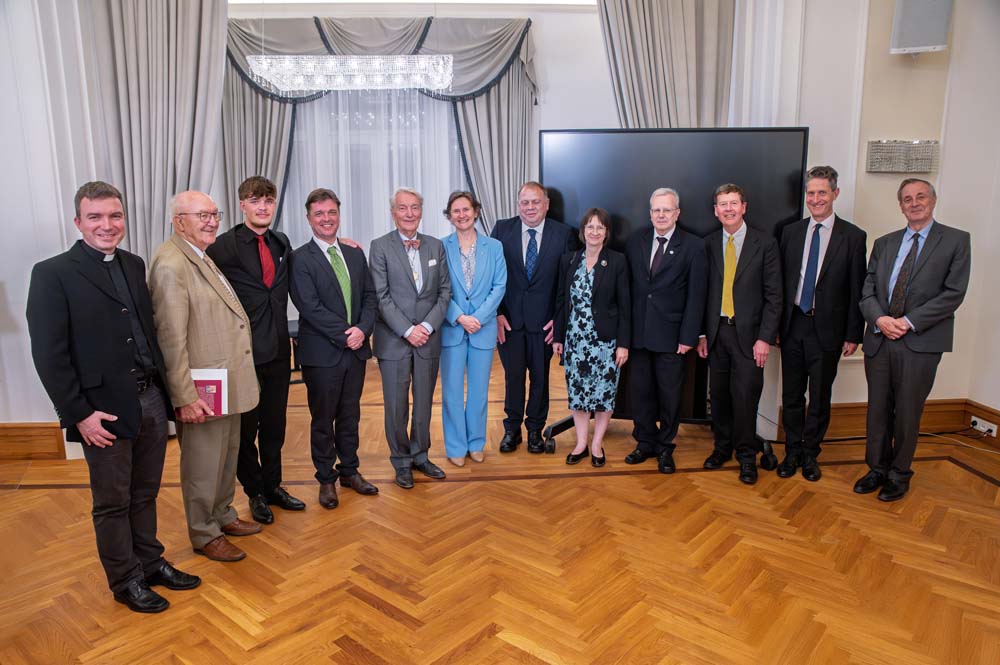
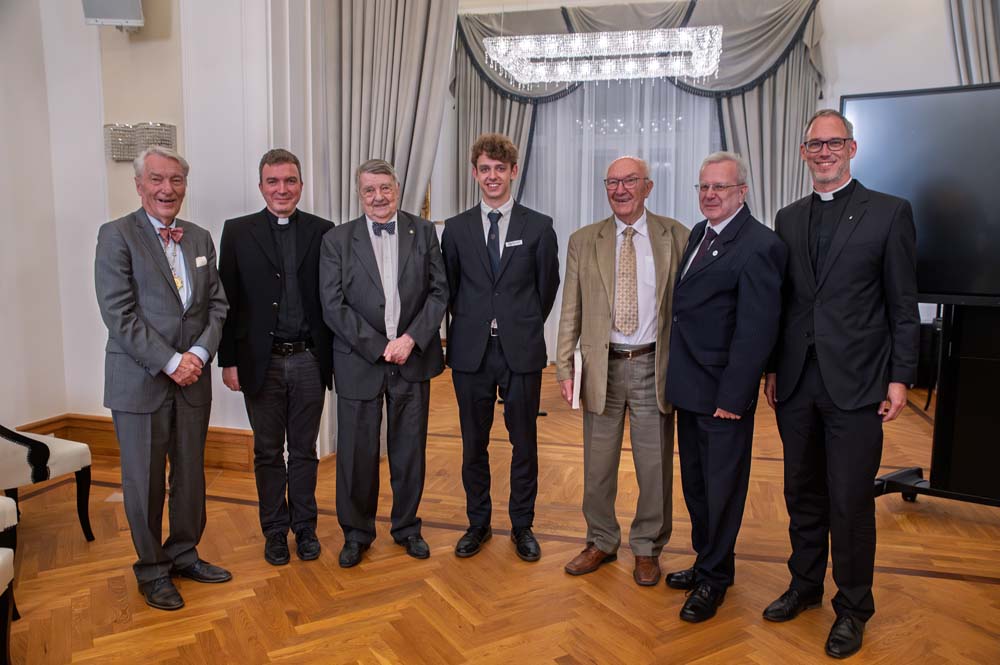
The speeches and the full video of the event can be viewed here.

